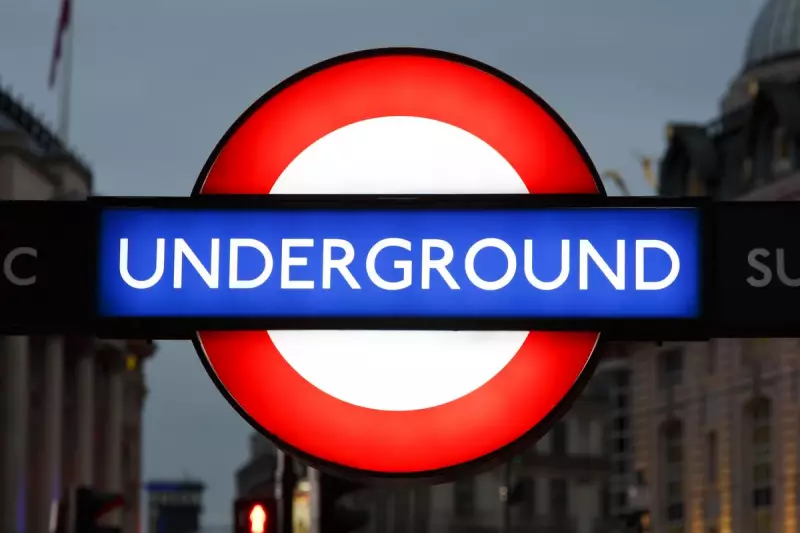
London is braced for significant travel chaos as major Tube strikes have been confirmed for September 2024. The industrial action, led by the RMT union, is set to bring large parts of the world's oldest underground network to a standstill, affecting millions of daily commuters and visitors.
When Are the Strikes Happening?
The walkouts are scheduled to begin in early September, with specific dates targeting key operational staff. The 24-hour strikes are expected to cause a domino effect of disruption, with severe service reductions beginning the evening before each strike day and continuing into the following morning.
Which London Underground Lines Will Be Affected?
While the final details are being confirmed, the industrial action is likely to impact:
- Central Line - Expected to run with severely limited service
- Jubilee Line - Major disruptions anticipated
- Northern Line - Reduced frequency and possible closures
- Piccadilly Line - Limited service between key stations
- Victoria Line - Significant service reductions expected
Other lines may also experience knock-on effects and reduced services due to the interconnected nature of the network.
Why Are the Strikes Happening?
The RMT union has declared the strikes following a dispute over working conditions, pay, and potential job losses. Union representatives claim that Transport for London (TfL) has failed to address concerns about staff welfare and contractual changes. This marks another chapter in the ongoing tensions between transport unions and TfL management.
Essential Travel Advice During Strikes
Transport for London advises passengers to:
- Allow extra journey time - Expect significant delays across all modes of transport
- Consider alternative routes - Use Overground, buses, or rail services where possible
- Check before you travel - Use TfL's journey planner and live updates
- Travel outside peak hours - If your journey is flexible, avoid rush hours
- Explore cycling options - Santander Cycles and other bike hire services may be available
London buses, Docklands Light Railway (DLR), and Overground services are expected to be much busier than usual and may not be able to accommodate all passengers.
Long-Term Impact on London Transport
These strikes come at a crucial time for London's transport network, which is still recovering from pandemic-related financial challenges. The disruption highlights the ongoing tensions between transport workers and management and raises questions about the future stability of the city's essential services.
Passengers are urged to monitor TfL's official website and social media channels for the latest updates and specific service information as the strike dates approach.





